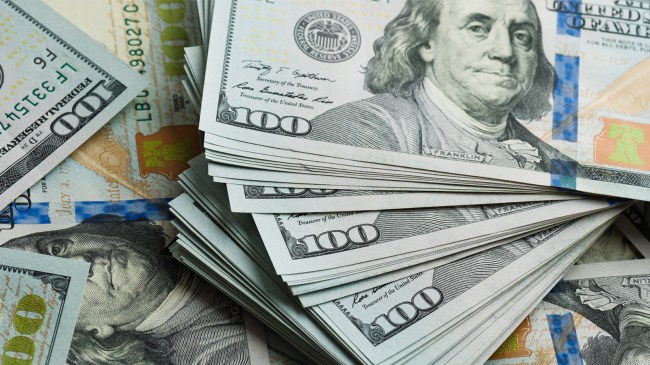iStockphoto
Most people are familiar with the classic adage “Money can’t buy happiness,” and if you’ve questioned the accuracy of that statement, you’ll probably be interested in the results of some new data linked to a study conducted by a researcher at the Wharton School of Business.
The assertion that there’s no correlation between wealth and personal satisfaction can arguably be traced back to Swiss philosopher Jean-Jacques Rousseau, who penned the words “Money buys everything, except morality and citizens” all the way back in 1750.
That eventually evolved into the popular axiom that, at its heart, suggests there’s only so much money can do to help you lead a truly fulfilling life while implying there’s more to achieving that goal than the joy stemming from the acquisition of material possessions.
Of course, people who’ve experienced the stress and misery that frequently come with not having a sizeable net worth have taken issue with the more literal meaning of the phrase “Money can’t buy happiness.”
In 2010, two researchers at Princeton University published a study that partially debunked the notion, as it claimed people with a household income of $75,000 had higher scores on a survey concerning” life evaluation and emotional well-being” and that levels of happiness largely plateaued once the six-figure mark was reached.
However, they eventually teamed up with Wharton School psychologist Matthew Killingsworth for a follow-up that suggested that plateau only really applied to people who were inherently unhappy, and now, he’s returned with a new update that takes millionaires and billionaires into account.
According to The Sydney Morning Herald, Killingsworth has self-published new data that shows members of the Dos and Tres Commas Club respectively rated their personal levels of happiness at 5.5 and 6 on a scale of 7; people who make around $100K per year have an average score of 4.6, while those earning between$15K and $30K hover around 4.
As a result, it sure does seem like money can, in fact, buy happiness.

